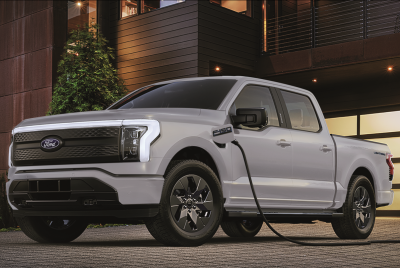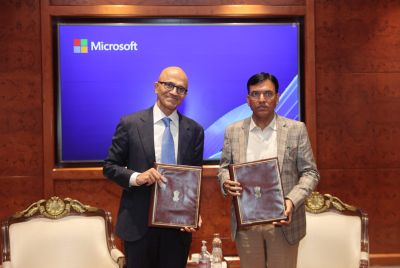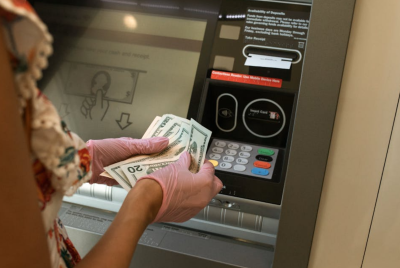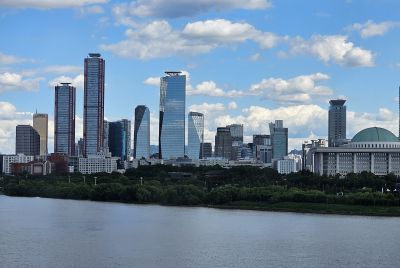Elon Musk's Starlink Gives Hurricane Helene Victims Free Internet For 30 Days—With A $400 Catch
The FEMA is facing criticism because it lacks funds to sustain rescue efforts

Elon Musk announced that he would provide victims of Hurricane Helene with 30 days of free access to his Starlink satellite internet service. However, he did not mention that survivors of the devastating storm, which has killed over 200 people, would still need to pay $400 for the system's hardware.
Starlink, a subsidiary of Musk's SpaceX, announced on its X page last week that its service would be "free for 30 days" for survivors of Helene living in areas where phone and fibre cables had been damaged, cutting off their internet access.
The post quickly spread online, gaining tens of millions of views. Musk subsequently tweeted that all Starlink terminals would operate automatically "without [the] need for payment in the areas affected by Hurricane Helene."
Musk's Starlink: A Lifeline Or A Bait-and-Switch?
However, an investigation by The Register revealed that individuals attempting to sign up for Starlink from the affected region were still required to pay the $400 fee for the dish, along with shipping, handling, and taxes.
Additionally, Starlink launched a dedicated help page designed explicitly for hurricane victims. The company stated that individuals in the disaster-affected region who enrol in the free internet service would automatically transition to a $120-per-month residential subscription following the 30-day grace period.
Customers residing in the disaster zone who already possess a dish and desire a fee waiver must submit a specific support ticket, which the company will review at an unspecified time. Kinney Baughman, a Boone, NC, resident, told The Register that the Starlink offer was a "craft bait and switch...meant to take advantage of people instead of helping them."
According to Baughman, it was not worthwhile for residents to accept Musk's offer, considering that it would take "months" before they could receive service. By then, normal internet access would likely have been restored.
"Assuming someone can get over the one or two, if not more, bridges that are down and physically get their hands on the device, you still need electricity to run the thing," Baughman said. "Thousands of people are out of power still and hundreds if not thousands of those don't have a generator."
Funding Drought: Rescue Efforts Stalled
Musk, a former President Donald Trump supporter, has criticised the federal government's response to Hurricane Helene.
Additionally, the Federal Emergency Management Agency (FEMA) and Homeland Security Secretary Alejandro Mayorkas have been criticised for statements regarding the agency's insufficient funds to address the remaining portion of the Atlantic hurricane season.
Two weeks ago, Helene inundated streets and homes in western Florida as it made its destructive path through the South, resulting in at least 230 deaths. As the cleanup efforts for Hurricane Helene began, Floridians in the western part of the state were forced to evacuate on Monday and Tuesday as another destructive storm, Milton, was anticipated to make landfall late Wednesday night.
However, the loss of network connectivity is not the only challenge facing victims of the devastating hurricane. A recently posted TikTok video sparked outrage after documenting a disturbing incident at Pope Grocery Store in Georgia. In the aftermath of Hurricane Helene, gas prices were reportedly inflated to an exorbitant $10 per gallon.
© Copyright IBTimes 2025. All rights reserved.






















